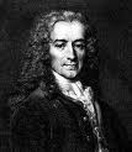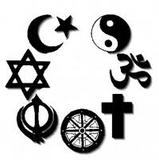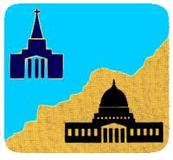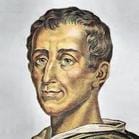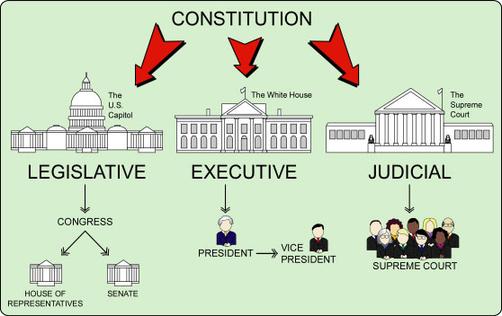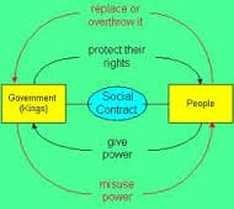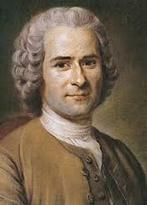Enlightenment GHW.6
What is the Enlightenment?
Definition of Enlightenment: http://europeanhistory.about.com/od/thenineteenthcentury/a/enlightenment.htm
Definition of Enlightenment: http://europeanhistory.about.com/od/thenineteenthcentury/a/enlightenment.htm
| enlightenment_worksheet_1__4_.docx | |
| File Size: | 15 kb |
| File Type: | docx |
Quote
Enlightenment is man’s leaving his self-caused immaturity. Immaturity is the incapacity to use one's intelligence without the guidance of another. Such immaturity is self-caused if it is not caused by lack of intelligence, but by lack of determination and courage to use one's intelligence without being guided by another. Sapere Aude! Have the courage to use your own intelligence! is therefore the motto of the enlightenment...
Immanuel Kant
Enlightenment is man’s leaving his self-caused immaturity. Immaturity is the incapacity to use one's intelligence without the guidance of another. Such immaturity is self-caused if it is not caused by lack of intelligence, but by lack of determination and courage to use one's intelligence without being guided by another. Sapere Aude! Have the courage to use your own intelligence! is therefore the motto of the enlightenment...
Immanuel Kant
Project
| silent_film_outline.doc | |
| File Size: | 22 kb |
| File Type: | doc |
Quotes: Who said it?
#1 "Liberty is the right to do what the law permits."
#1 "Liberty is the right to do what the law permits."
#2 "New opinions are always suspected, and usually opposed, without any other reason but because they are not already common."
#3 All citizens should participate and should be committed to the good of all, even if it is not in their personal best interest.
#4 “I disagree with what you say, but will defend to the death your right to say it.”
#3 All citizens should participate and should be committed to the good of all, even if it is not in their personal best interest.
#4 “I disagree with what you say, but will defend to the death your right to say it.”
John Locke
“wherever law ends, tyranny begins”
We hold these truths to be self-evident, that all men are created equal, that they are endowed by their Creator with certain unalienable Rights, that among these are Life, Liberty and the pursuit of Happiness. — That to secure these rights, Governments are instituted among Men, deriving their just powers from the consent of the governed, — That whenever any Form of Government becomes destructive of these ends, it is the Right of the People to alter or to abolish it, and to institute new Government, laying its foundation on such principles and organizing its powers in such form, as to them shall seem most likely to effect their Safety and Happiness.
Voltaire
Engel vs. Vitale
Smith vs. Oregon
Lemon vs. Kurtzman
Burwell vs. Hobby Lobby
Smith vs. Oregon
Lemon vs. Kurtzman
Burwell vs. Hobby Lobby
Montesquieu
|
The Separation of Powers devised by the framers of the Constitution was designed to do one primary thing: to prevent the majority from ruling with an iron fist. Based on their experience, the framers shied away from giving any branch of the new government too much power. The separation of powers provides a system of shared power known as Checks and Balances.
Three branches are created in the Constitution. The Legislative, composed of the House and Senate, is set up in Article 1. The Executive, composed of the President, Vice-President, and the Departments, is set up in Article 2. The Judicial, composed of the federal courts and the Supreme Court, is set up in Article 3. |
Rosseau
"All people must enter into a social contract that requires people to recognize a collective good will, which represents the common good or public interest."
"All people must enter into a social contract that requires people to recognize a collective good will, which represents the common good or public interest."
Game
http://constitutioncenter.org/billofrightsgame/
http://constitutioncenter.org/billofrightsgame/




